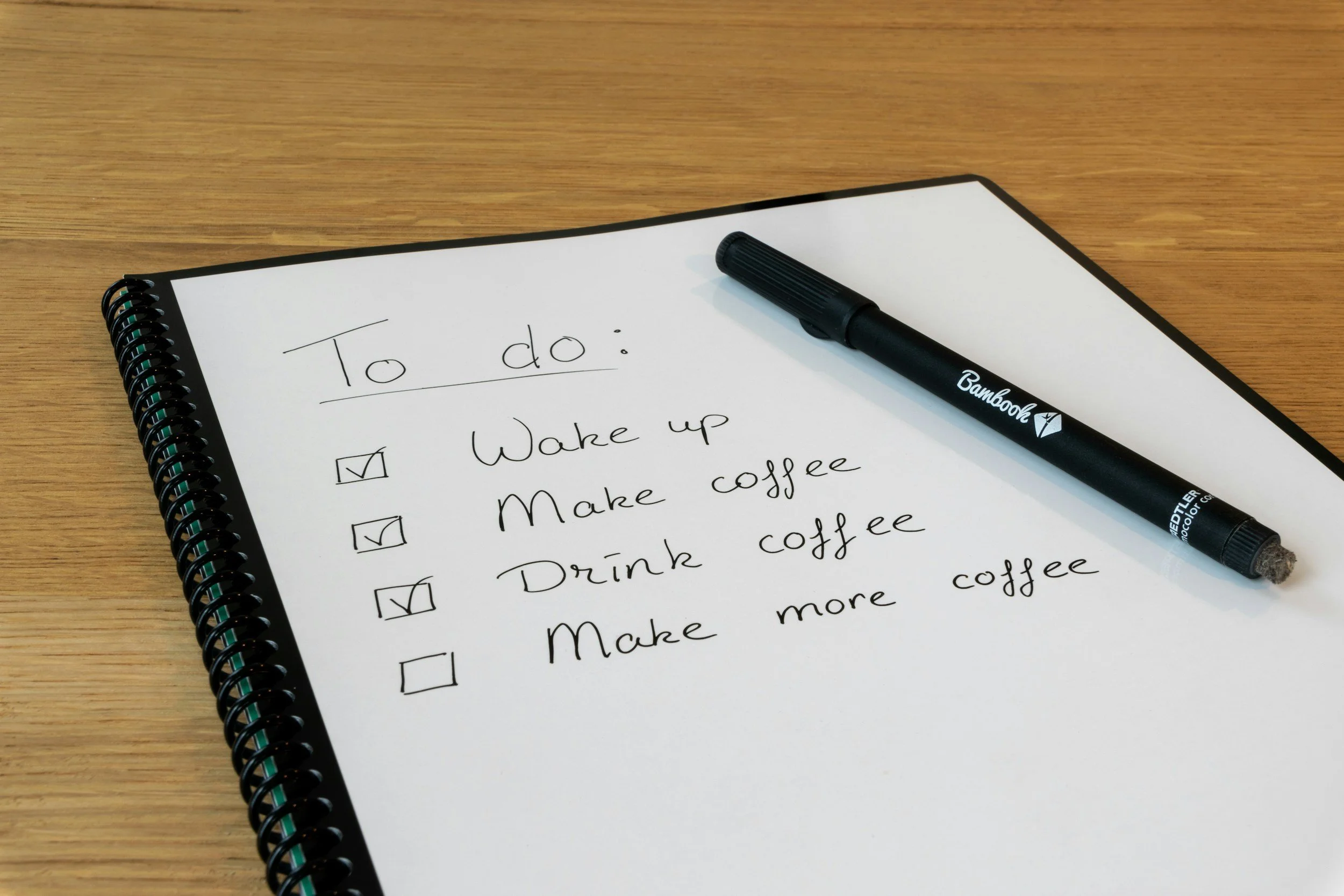ADHD & Executive Functioning
Do you feel like simple tasks take way more energy or time than they should?
Do you ever put things off until the last minute even when you really want to get them done?
Do you get stuck between wanting to do everything and not being able to do anything?
Dr. Denese will work with you to find the strategies that work for you, help you explore why tasks feel hard for you, and help you make better use of your time (and ultimately, life!)
Cognitive Behavioral Therapy (CBT)
Cognitive Behavioral Therapy (CBT) helps you identify and challenge distorted thinking patterns and beliefs, and replace them with more realistic and functional thoughts. It focuses on the interaction between thoughts, emotions, and behaviors, aiming to change negative thought patterns and maladaptive behaviors to improve emotional regulation and develop healthier coping strategies.
How does CBT help with ADHD?
Helps you understand why the task feels so hard (fear of failure, perfectionism, overstimulation).
Helps you identify and challenge negative thoughts related to productivity, such as “I’m just a lazy person.”
Helps you problem-solve and break down tasks into small steps, set realistic goals, and build routines that stick
Organizational Skills Training (OST)
Organizational Skills Training (OST) equips individuals with effective strategies to enhance their ability in managing time efficiently, handling various tasks with ease, and optimizing workflow for increased productivity. Moreover, this training aids in overcoming procrastination, dealing proactively with distractions, and improving stress management techniques.
What does OST help with?
Attention Deficit Hyperactivity Disorder (ADHD): Assists with symptoms like lack of focus, acting on impulse, and high energy through teaching organized schedules and time skills.
Anxiety Disorders: Reduces worry by offering methods for improved organization, lessening unknowns, and handling time well.
Obsessive-Compulsive Disorder (OCD): Helps establish regular schedules to manage repetitive actions.
Depression: Boosts motivation and efficiency, helping ease depression symptoms by creating a sense of achievement and structure.
Executive Functioning Disorders: Enhances abilities in planning, organizing, and finishing tasks, commonly affected in these conditions.
Components of OST
Time Management: Methods for planning, setting due dates, and managing time for assignments.
Task Prioritization: Ways to decide how urgent and important tasks are, helping you concentrate on top-priority activities.
Goal Setting: Setting achievable goals with clear plans to reach them.
Planning and Scheduling: Tools for making useful plans and schedules, like to-do lists, calendars, and project apps.
Workflow Management: Ways to make things more efficient and productive by cutting down on extra steps.
Reducing Procrastination: Ways to beat procrastination and stay motivated to finish tasks.
Handling Interruptions and Distractions: Ways to handle and reduce disruptions for better work concentration.
Organization of Physical and Digital Spaces: Tips on arranging work areas and online spaces for better productivity and less mess.
Stress Management: Methods to lower stress by improving organization and time use.
Effective Communication: Enhance team communication and collaboration for efficient workflow.
Schedule Free Consultation Today
Schedule a free 15-min consultation call by signing up for an open time-slot here or sending a message through this website.



